Projects

Ada*Q
The research project “Adaptivity and teaching quality in individualized lessons” (Ada*Q) is part of the Robert Bosch Foundation’s “How does a good school work? – Research for practice” programme. The project investigates how individualized teaching in elementary school is implemented and designed at the schools that have won the German School Award.
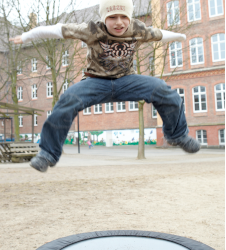
ADHD
The project ADHD studied various aspects of Attention-Deficit Hyperactivity Disorder (ADHD) and self-regulation.

ADHD-ML
We investigated intelligent methods to predict hyperactivity in children using accelerometer data. We considered the classification of recorded time-series as well as segmentation tasks.

AHKi
The AHKi project aims to investigate which early temperamental characteristics and cognitive abilities can be used to identify which children are at risk of developing ADHD symptoms.
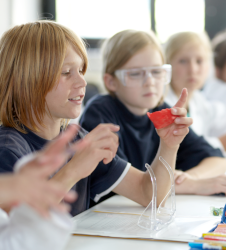
AMSel
ADHS geht häufig mit einem geringeren emotionalen Wohlbefinden und Schulschwierigkeiten einher. Da ADHS als Entwicklungsstörung auch mit Defiziten in den exekutiven Funktionen in Zusammenhang gebracht wird, hat sich gezeigt, dass Lernende mit ADHS von Selbstregulationstrainings besonders profitieren. Im Projekt AMSel führen wir aktuell eine Meta-Analyse durch, um die Wirksamkeit von Selbstregulationstraining für Lernende mit ADHS umfassend zu untersuchen.
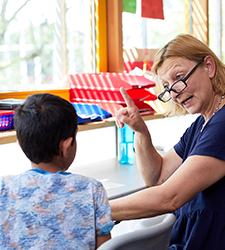
ANNA
The project ANNA focused on precursor skills that are central to the learning of reading, writing, and arithmetic.
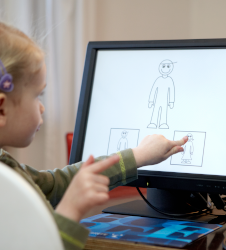
AppLeMat
The AppLeMat project aims to develop and evaluate a therapeutic, tablet-based application as an adjunct to learning therapy.

AttentionGO
In this research project developmental trajectories of children with and without ADHD symptoms will be examined by determing cognitive and emotional fluctuations, difficulties in self-regulation, and learning strategies.
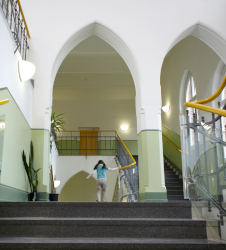
Attitudes and Actions of Parents and Professionals
The study examines from an educational and socio-scientific perspective the attitudes held by parents and educators at early childhood education and care (ECEC) facilities and primary schools, as well as their underlying beliefs and interactions. The focus is on processes found at the intersection of families and educational institutions that give rise to, reinforce or reduce educational inequalities.

BAPAS
The BAPAS project aims to evaluate the effectiveness of a psychoanalytic therapy programme for multi-complex traumatised adopted and foster children (aged eight to eleven) and their adoptive or foster parents. As part of the extended network of these children, their teachers will also be involved in the intervention.